China on Wednesday submitted a position paper on strengthening the ethical governance of artificial intelligence (AI) to the 2022 Meeting of the High Contracting Parties to the Convention on Certain Conventional Weapons held in Geneva.
Li Song, China's ambassador for disarmament affairs, told the participants that China finds it important to enhance the understanding of all countries on AI ethics and to ensure that AI is safe, reliable, controllable and capable of better empowering global sustainable development and enhancing the common well-being of all mankind.
"As the most representative disruptive technology, AI, while providing enormous potential development benefits to human society, has also brought uncertainty that may give rise to multiple global challenges and even fundamental ethical concerns," Li said.
The position paper China submitted on Wednesday suggests that governments should give priority to ethics, establish and improve rules, norms and accountability mechanisms for AI ethics, clarify responsibilities and power boundaries of AI-related entities, fully respect and protect the legitimate rights and interests of all groups, and respond to relevant ethical concerns at home and abroad in a timely manner.
It stresses that governments should bear in mind worst-case scenarios and enhance risk awareness, better identify potential ethical risks that AI technologies may entail, gradually establish an effective early warning mechanism, apply agile governance and tiered and categorized management, and continuously improve risk management, control and settlement capacity.
According to the paper, governments should prohibit the use of AI technologies and relevant applications that run counter to laws, regulations, ethics and standards. They should also strengthen quality monitoring and evaluations on the use of AI products and services, and formulate emergency mechanisms and compensation measures.
"Governments should safeguard the individual privacy and data security of Al products and services, strictly follow international or regional norms for handling of personal information, improve the mechanism for revoking personal data authorization, and oppose illegal collection and utilization of personal information," it says.
The position paper also urges governments to encourage transnational, interdisciplinary, and cross-cultural exchanges and cooperation, ensure that the benefits of AI technologies are shared by all countries, promote the joint participation of countries in international discussions and rules-making on major issues regarding AI ethics, and oppose the building of exclusive groups and malicious obstruction of other countries' technological development.
"China calls on the international community to reach an international agreement on the issue of AI ethics on the basis of broad participation, and to work to formulate widely accepted international AI governance frameworks, standards and norms while fully respecting the principles and practices of different countries' AI governance," the paper concludes.

















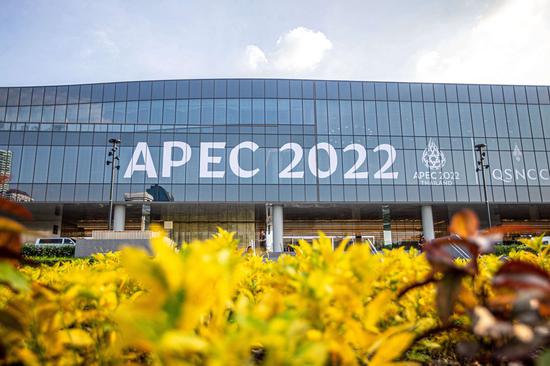
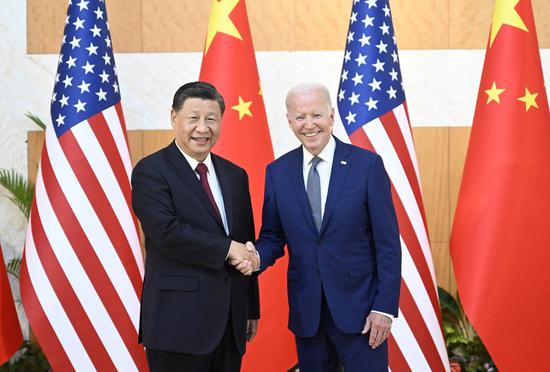







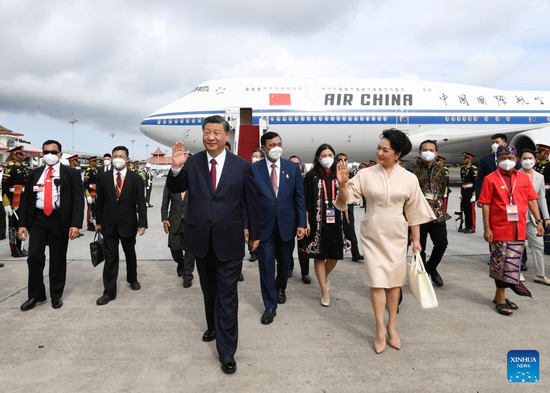

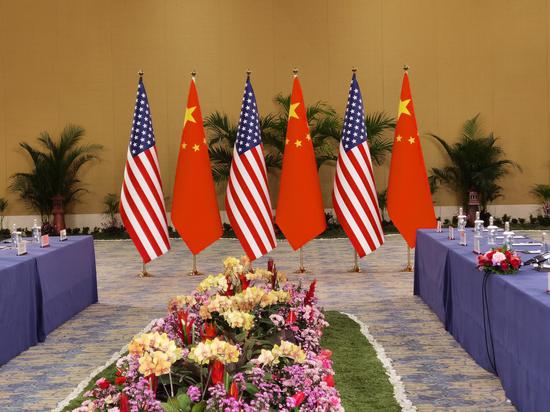

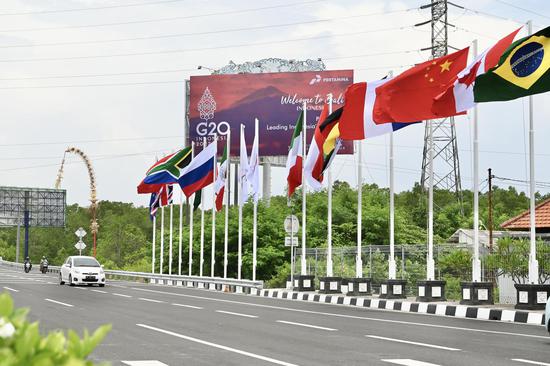











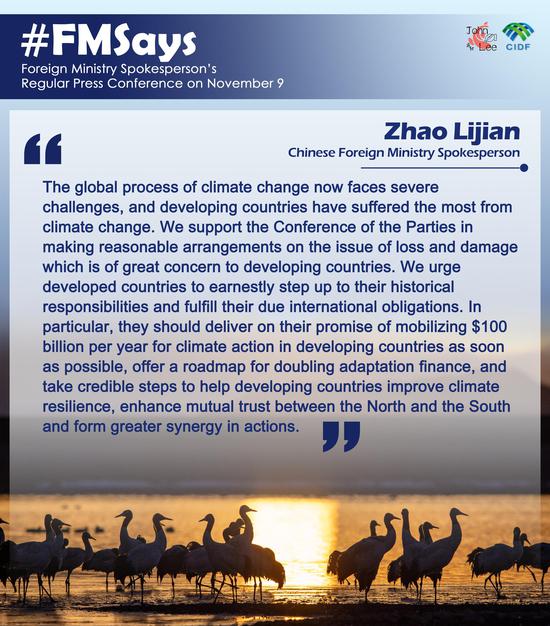







 京公网安备 11010202009201号
京公网安备 11010202009201号